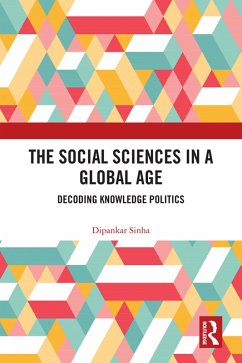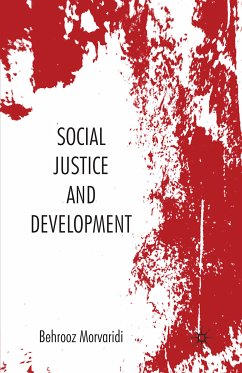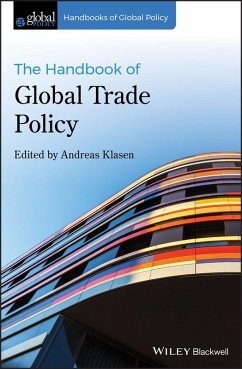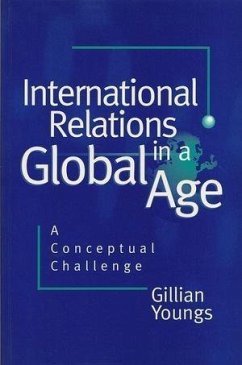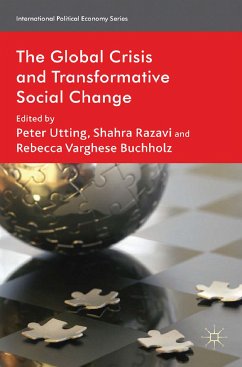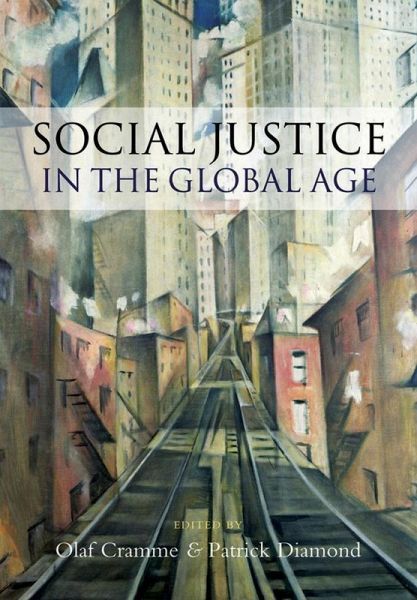
Social Justice in a Global Age (eBook, PDF)
Versandkostenfrei!
Sofort per Download lieferbar
27,99 €
inkl. MwSt.
Weitere Ausgaben:

PAYBACK Punkte
0 °P sammeln!
What is the relationship between the principles of social justice and global justice? How can we best reconcile the quest for greater social justice 'at home' with greater social justice in the world? Are the social justice pressures our societies currently face the result of globalisation or are they domestically generated? How can we advance social justice in the light of the new social realities? In this volume, leading international experts offer compelling answers to these questions.The aim of this volume is to articulate a modern conception of social justice that remains relevant for an ...
What is the relationship between the principles of social justice and global justice? How can we best reconcile the quest for greater social justice 'at home' with greater social justice in the world? Are the social justice pressures our societies currently face the result of globalisation or are they domestically generated? How can we advance social justice in the light of the new social realities? In this volume, leading international experts offer compelling answers to these questions.
The aim of this volume is to articulate a modern conception of social justice that remains relevant for an era of rapid globalisation. The authors have developed a robust theoretical account of the relationship between globalisation and social justice complemented by an underpinning policy framework that aims to sustain new forms of equity and solidarity.
The aim of this volume is to articulate a modern conception of social justice that remains relevant for an era of rapid globalisation. The authors have developed a robust theoretical account of the relationship between globalisation and social justice complemented by an underpinning policy framework that aims to sustain new forms of equity and solidarity.
Dieser Download kann aus rechtlichen Gründen nur mit Rechnungsadresse in D ausgeliefert werden.




